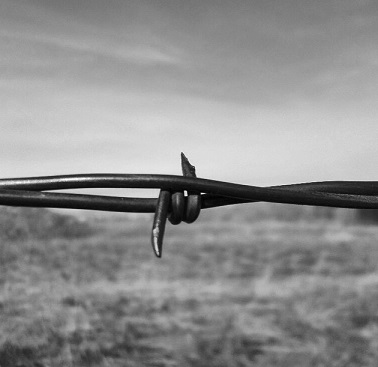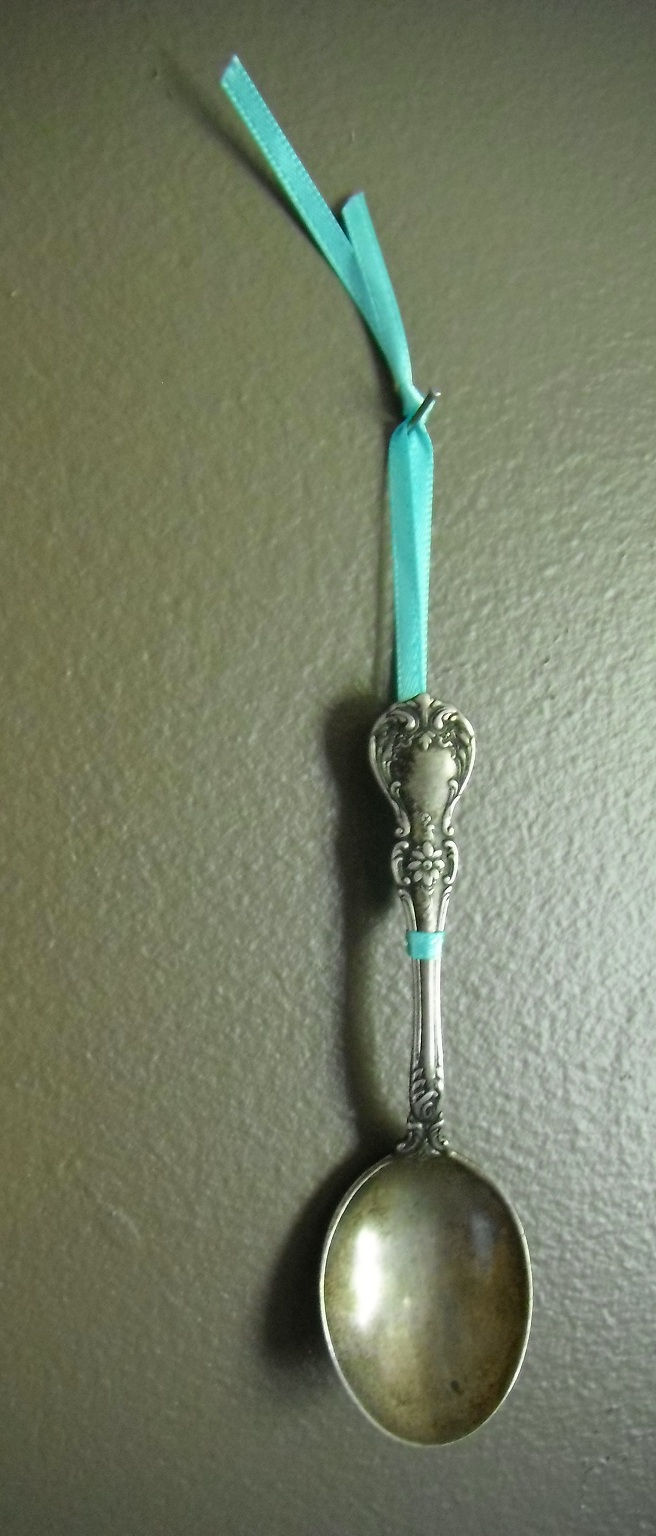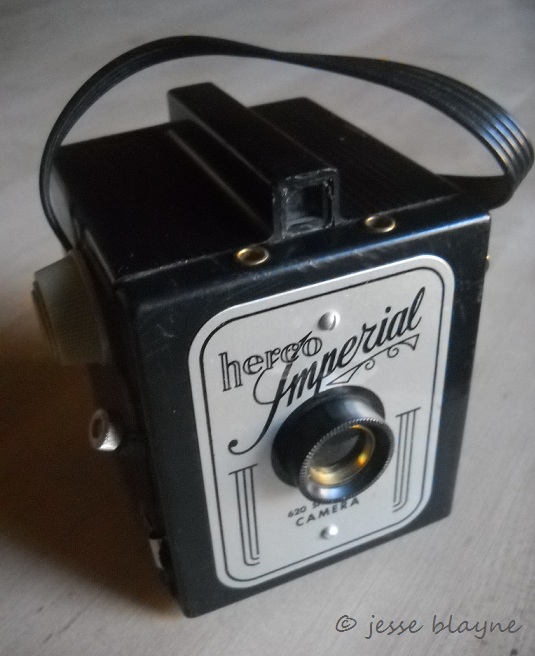 Controllers aren’t always* aware that their actions leave lasting scars on those they are controlling. The controller is so focused on his desperate attempts at micromanaging his universe that he can’t see the destruction left in his wake.
Controllers aren’t always* aware that their actions leave lasting scars on those they are controlling. The controller is so focused on his desperate attempts at micromanaging his universe that he can’t see the destruction left in his wake.
The Controlled Wife
It’s a wonder she hasn’t been scooped up by Hollywood. Her efforts at applying makeup are Oscar-worthy. Because her husband appears to find joy in criticizing her appearance, her skillful makeup application has become an attempt at defending herself from further jabs. But, trying to please a husband who cannot be pleased is an exercise in futility.
Perhaps more importantly, her artistic way with cosmetics gives her a measure of control over her own existence. In this way, she has an area of her life that is free from his manipulations. It’s behind the safety of the locked bathroom door that she is finally able to breathe. She’s gotten fast with the application, so as to spare herself from his complaints about the amount of time she spends in the bathroom. The downfall of her obsession with cosmetics is that further anxiety is created by her need to hide any purchases from the controller.
The Controlled Child
The controlled child is too young to realize he is being controlled. He’s also too young to understand why he gets in trouble for wanting to change his clothes. Some days he feels the need to change his clothes as many as seven times before lunch. Because he’s a bit frantic on those mornings, he forgets to put away the different sets of clothing. This incurs more wrath from the controller, who then delivers a warning of punishment to be handed out should the child attempt to change clothes again. The child is confused by this. What is the harm in changing clothes?
In his frustration, the child turns to sorting his Hot Wheels collection. He lines them up first by color, then by size, then by make and model. In this way, he is trying to control a corner of his own world. This affords him a little comfort until his much-loved puppy bounds into the bedroom, disturbing the perfect line of little vehicles. When the child lashes out at the dog, he gets in more trouble for yelling and creating a disturbance. This demands that the controller further ramp up his attempts to control.
The Controlled Employee
When he first started working at the company, the employee was praised for his inventiveness and enthusiasm. Shortly after the employee’s first day, the controller’s “constructive” criticisms trickled in slowly, delivered with lengthy explanations as to why things needed to be done the controller’s way. As time went on, it became difficult to find anything constructive in the criticisms. The employee felt his enthusiasm drain. There was no joy found in presenting his inventive ideas, for they were always met with attacks.
The employee noticed that the controller had an uncanny knack for finding error where there was none. Not a single report could be produced that didn’t contain something that the controller did not like. As the criticisms became more petty, the employee became less loyal to the company. Some mornings he’d show up late for work. The employee felt less and less guilty for spending minutes watching YouTube instead of combing reports for more potential errors.
The controller often held meetings to discuss moral, inefficiencies and sluggish results. The employee would shift in his seat to share knowing glances with his disgruntled coworkers. It doesn’t take an MBA grad to figure out the issues with moral came down from the top.
When the Controller Loses Control
Perhaps the controller needs to control in an effort to create a safe environment. Maybe he feels inadequate and compensates by needing to control everything, but his attempts at a harmonious controlled existence are skewed by his own lens. Harmony and safety aren’t brought about by controlling others. On the contrary, the more he tries to control, the less control he achieves, the less safe his ideal environment becomes, and the more he alienates the very people he so desperately needs to control. It’s at this point that the controller feels the need to control even more.
*There are controllers out there who relish the destruction they cause. Those folks are in a category all their own.
Tags: child of narcissist, front lines, narcissism, narcissist behavior, narcissistic behavior, NPD




In our case, sometimes he did not see the damage he was doing, but more often than not he was doing it deliberately to get a reaction. He wanted to be destructive because if he could keep you crying, second guessing, or trying to please him, he was in control. And he loved every minute of it.
Sandy,
I know what you mean. Your comment brought back some unpleasant memories of just that kind of control… and the look in his eyes while he manipulated us.